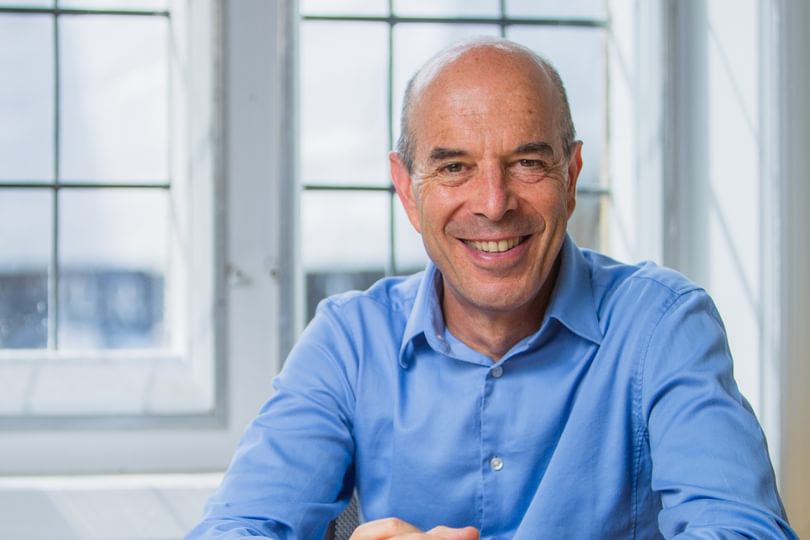
This book talk is part of the FT Weekend Oxford Literary Festival 2018, the Oxford Martin School is the Festival Ideas Partner
Oxford University Press is proud to return to the FT Weekend Oxford Literary Festival with another series of soap box talks from the very short introductions series. These free, 15-minute talks feature expert authors from the series and take place twice a day in the Blackwell’s Marquee, next to the Sheldonian Theatre.
What do we mean by development? How can citizens, governments and the international community foster development? In this Very Short Introduction Professor Ian Goldin considers the contributions that education, health, gender, equity, and other dimensions of human well-being make to development, and discusses why it is also necessary to include the role of institutions and the rule of law as well as sustainability and environmental concerns.
About the speaker
Professor Ian Goldin was the founding Director of the Oxford Martin School from September 2006 to September 2016. He is currently Oxford University Professor of Globalisation and Development, Senior Fellow at the Oxford Martin School, Director of the Oxford Martin Programme on Technological and Economic Change and a Professorial Fellow at the University’s Balliol College.
During his decade as Director the School established 45 programmes of research, bringing together more than 500 academics from across Oxford, from over 100 disciplines, and becoming the world’s leading centre for interdisciplinary research into critical global challenges.
Professor Goldin initiated and was Vice-Chair of the Oxford Martin Commission for Future Generations, which brought together international leaders from government, business, academia, media and civil society to address the growing short-term preoccupations of modern politics and business, and identify ways of overcoming today’s gridlock in key international negotiations. The Commission's report, Now for the Long Term, was published in October 2013.
From 2003 to 2006 he was Vice President of the World Bank, and prior to that the Bank’s Director of Development Policy (2001-2003). He served on the Bank’s senior management team and led the Bank’s collaboration with the United Nations and other partners as well as with key countries. As Director of Development Policy, he played a pivotal role in the research and strategy agenda of the Bank.
From 1996 to 2001 he was Chief Executive and Managing Director of the Development Bank of Southern Africa and served as an advisor to President Nelson Mandela. He succeeded in transforming the Bank to become the leading agent of development in the 14 countries of Southern Africa. During this period, Goldin served on several Government committees and Boards, and was Finance Director for South Africa’s Olympic Bid.
Previously, Goldin was Principal Economist at the European Bank for Reconstruction and Development (EBRD) in London, and Program Director at the OECD Development Centre in Paris, where he directed the Programs on Trade, Environment and Sustainable Development.
Goldin has received wide recognition for his contributions to development and research, including having been knighted by the French Government and nominated Global Leader of Tomorrow by the World Economic Forum. He has published over 50 articles and 20 books - more information can be found at iangoldin.org
About the book
Development: A Very Short Introduction?: What do we mean by development? How can citizens, governments and the international community foster development? The process by which nations escape poverty and achieve economic and social progress has been the subject of extensive examination for hundreds of years.The notion of development itself has evolved from an original preoccupation with incomes and economic growth to a much broader understanding of development. In this Very Short Introduction Ian Goldin considers the contributions that education, health, gender, equity, and other dimensions of human well-being make to development, and discusses why it is also necessary to include the role of institutions and the rule of law as well as sustainability and environmental concerns.